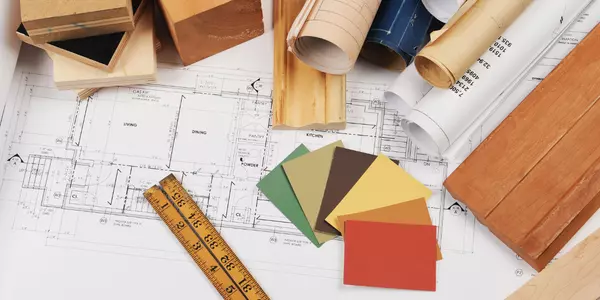Kansas City Luxury Home Market Trends: Key Insights for Buyers in 2025

Kansas City Luxury Home Market Trends: Key Insights for Buyers in 2025 Introduction The luxury home market in Kansas City is evolving rapidly, making it essential for buyers to stay informed about the latest trends. Whether you're looking to invest in high-end real estate or searching for your drea
Read MoreKansas City’s Named Hottest Real Estate Market 2024!

Kansas City Real Estate Market Wrap-Up: 2024 and Trends for 2025 Kansas City earned recognition as one of the Top hottest housing markets in the nation in 2024, according to a report by U.S. News & World Report. This accolade reflects the metro area's consistent growth, competitive housing inventor
Read MoreMaximizing Home Value: Understanding the Impact of Renovations and Upgrades

As the real estate market continues to evolve in 2023, homeowners are looking at renovations not just as a means to refresh their living space, but also as a strategic move to enhance property value. Understanding which renovations have the most significant impact is crucial. Kitchen Renovations: Th
Read MoreAdapting to Inflation: Strategies for Residential Real Estate Investment

Navigating the residential real estate investment landscape amidst inflation requires a multifaceted approach, integrating insights from various sectors of the real estate market. Inflation and Housing Prices According to Northern Real Estate Group, the direct impact of inflation on housing prices
Read MoreEssential Steps for First-Time Homebuyers: What to Look For and Why Hiring a Realtor is Crucial

As a first-time homebuyer, the process of purchasing a house can be both exciting and overwhelming. To ensure a successful and smooth experience, it's crucial to follow certain steps and consider hiring a professional realtor. In this guide, we'll outline the essential steps for beginning house buye
Read More
Categories
Recent Posts










